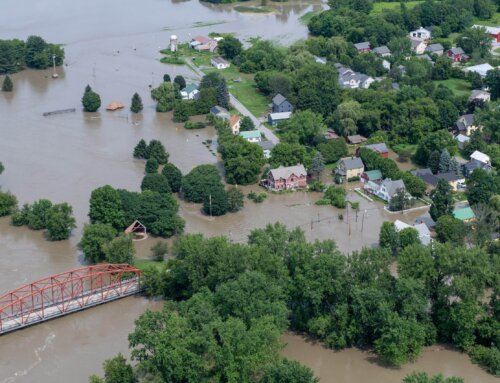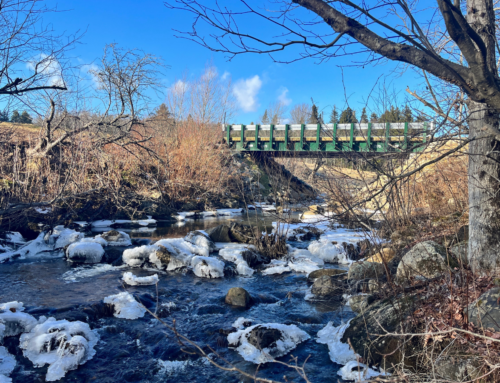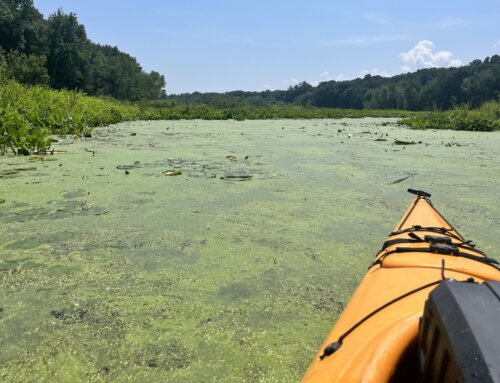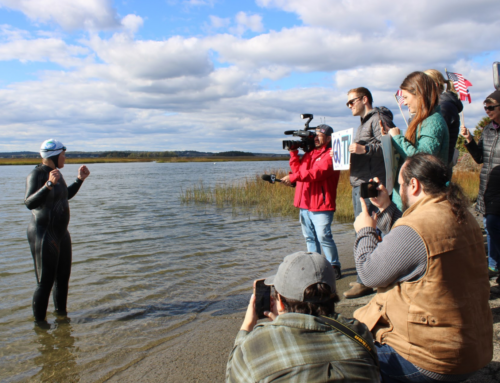The Honorable Edward Butler, Chair
House Commerce and Consumer Affairs Committee
Legislative Office Building, Room 302
Concord, NH 03301
Re: HB1472 restricting the distribution of plastic straws
HB1564 prohibiting the use of polystyrene foam foodware
Dear Chair Butler and Members of the Committee:
Connecticut River Conservancy appreciates the opportunity to comment on House Bills 1472 and 1564 which restrict the distribution of plastic straws and prohibit the use of polystyrene foam foodware. Connecticut River Conservancy (CRC) supports both of these bills.
CRC and our members have been working to protect the Connecticut River and its tributaries from the source at the Canadian border to the sea for the past 65 years. For 23 of those years, we have organized the largest river cleanup on the east coast. Each year CRC volunteers go out at the end of September to get trash out of our waterways and over and over again, plastic and polystyrene are the items most frequently found. Our annual event gives us proof every year that plastic pollution is everywhere in our environment. In 2018 alone our volunteers picked up 48 tons of trash, in 2019 almost 67 tons of trash. This year that tonnage included50 pieces of polystyrene dock float parts (varying sizes); 1,363 styrofoam cups; and 1.46 cubic yards of styrofoam particles (equal to 13 kitchen-sized garbage bags of styrofoam particles). We’ve cleaned up over 1,000 tons of garbage since this annual event began, including a great deal of single-use plastics and millions of separate pieces of polystyrene.
Drinking straws and polystyrene food packaging – which have an average lifespan of minutes – become pollution that fester in our waterways, landfills, and environment for up to 1,000 years. We now understand that they break up into microplastics which build up in the food chain after larger predators consume smaller marine life. These tiny pieces of plastic are finding their way into our bodies. Additives in plastics have been associated with human and aquatic species health risks. Plastics have a high sorption capacity and may accumulate persistent organic pollutants like pesticides, polycyclic aromatic hydrocarbons (PAHs), and polychlorinated biphenyls (PCBs).
Additionally, the burden of our waste stream is becoming a significant cost for our local municipalities. Any reduction in overall waste will save our towns money. Replacing plastic straws and polystyrene food containers with compostable materials will set the stage for capturing more of our waste stream for higher use in returning those materials back to the earth.
Please remember that these bills are not a ban of all sources of single-use plastics. This is a very small step toward reducing our overwhelming waste stream. Please support HB1472 and HB1564.
Thank you for the opportunity to comment.
Sincerely,
Kathy Urffer
River Steward VT/NH
802-258-0413







